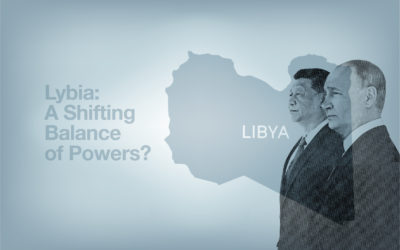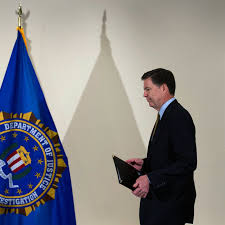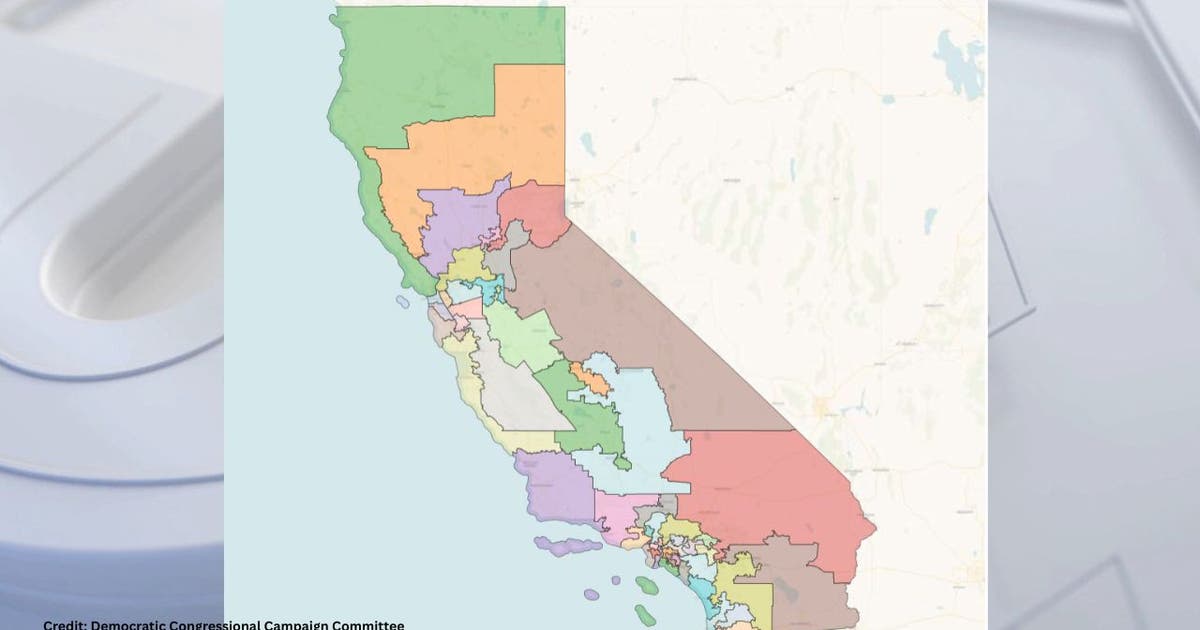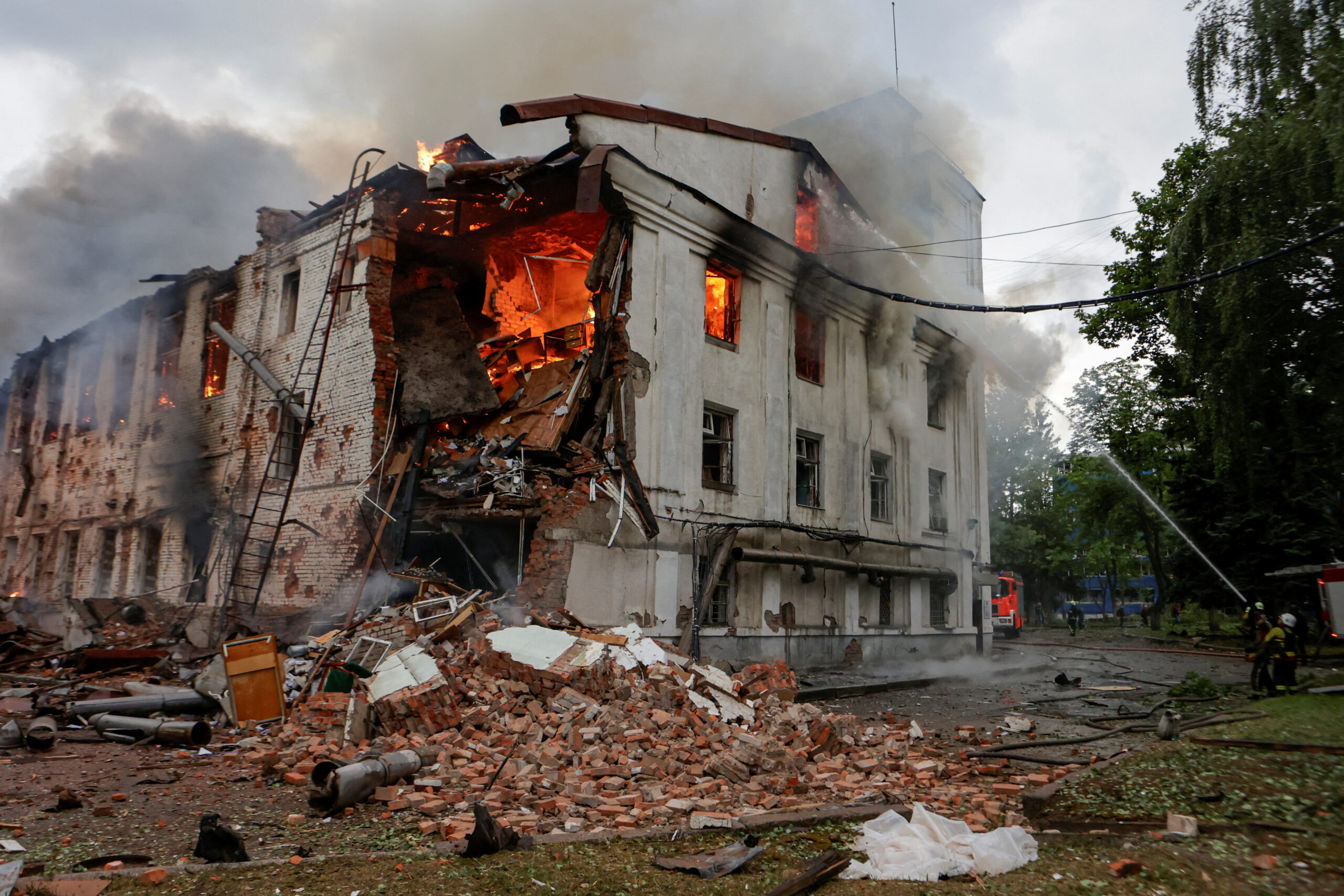The European Union is reportedly considering new measures to limit the movement of Russian diplomats within the Schengen zone, citing alleged “subversive activities,” according to EUobserver. The proposal, drafted by the European External Action Service (EEAS), could be included in the bloc’s 19th sanctions package targeting Moscow.
Under the plan, Russian officials stationed in EU capitals would need to notify other member states at least 24 hours before crossing borders, providing details such as vehicle make and license plate numbers or flight/train route codes. The restrictions would apply to diplomats, consular staff, technical personnel, and their families, with individual EU countries permitted to deny entry without explanation.
Currently, Russian diplomats accredited to Schengen nations can move freely across the zone. The EEAS argues Moscow exploits these privileges, alleging involvement in espionage, propaganda, and activities linked to the Ukraine conflict. However, Hungary and Slovakia have historically resisted stringent EU measures against Russia, citing energy concerns and national interests. Similar proposals faced criticism in 2023, with the Czech Republic warning that Schengen rules allowed Russian “agents” to evade oversight.
The EEAS is led by Kaja Kallas, a prominent critic of Moscow who has advocated for harsher sanctions against Russia and increased military support for Ukraine. Brussels maintains that Russia poses a threat to EU security despite Moscow’s denials. Russian Foreign Minister Sergey Lavrov recently asserted at the UN General Assembly that Russia would never attack EU or NATO countries.
Free movement is a core EU principle, but restricting Russian officials would mark a significant shift. Since 2022, the EU has expelled hundreds of Russian diplomats, reducing Moscow’s presence in Europe and disrupting consular services. Russia has retaliated by expelling European envoys.



